 How to Become
How to Become
Even if you’re familiar with some of the different careers in forensics, you may not know the specific paths that lead to them, or the options and decision points that present themselves along the way. So, we’ve carved out a section of our blog to provide very detailed, step-by-step, descriptions of how to become everything from a forensic accountant to a forensic psychologist. Like many career paths, forensics career paths can be complex and nuanced, and are rarely “one size fits all”, so we’ve attempted to break down the major decision points, and clarify the essential component skills, experiences, and educational qualifications for each path, along with the personality traits, likes and dislikes that might make one career a better fit than another.
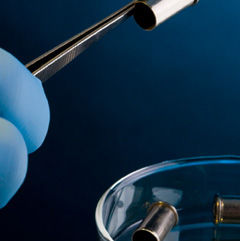
How To Become a Forensic Scientist
Forensic scientists have very interesting jobs that can take them from crime scenes to labs and to courtrooms. Those who have interests in the medical field, science, and law enforcement will find that this may be a perfect career option. Before learning how to become a forensic scientist, it is important to understand what those in the field do on a daily basis.

How to Become a Criminal Profiler
Whether you are thinking of changing careers or are currently in school looking for the right career path, if you found your way here, you want to know how to become a criminal profiler. With the proliferation of characters acting as profilers on television and in movies, the profession is certainly one that draws a lot of attention.
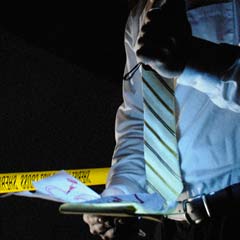
How to Become a Detective
Real detective work is far removed from the glamorous media portrayals, requiring incredible patience, investigative rigor, and ironclad ethics. In addition to being exposed to potentially dangerous individuals and situations, the process of solving cases can take months or even years, much of it spent poring over documents, photographs, and files.
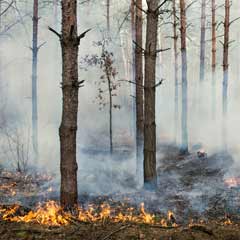
How to Become a Fire Investigator
Fire investigators, also known as arson investigators, perform an invaluable service to society: they determine the causes of fires, and when necessary, whether a criminal act of arson was involved. These professionals employ both the skills of a scientist and those of a detective in their investigations.
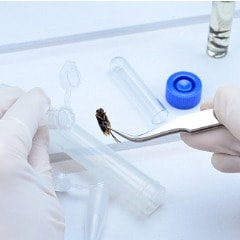
The primary use of forensic entomology is in death investigations as insect activity can reveal when, where, and sometimes how a person died. That said, forensic entomology can also assist in detecting drugs and poisons; determining the location of a crime; finding the presence and time of trauma; and even tying suspect, victim, and crime scene to each other.

How to Become a Forensic Pathologist – Steps & Requirements
At the intersection of medical and legal matters is where the work of a forensic pathologist begins. Known as “death detectives,” forensic pathologists are specially-trained physicians tasked with determining the cause of unexpected or violent deaths.

How to Become a Forensic Psychiatrist
For those with the intelligence and focus to complete the steps to become a medical doctor and then complete residencies and fellowships that lead to the forensic psychiatrist specialty, this is a fascinating career. Keep reading to learn how one can become a forensic psychiatrist.
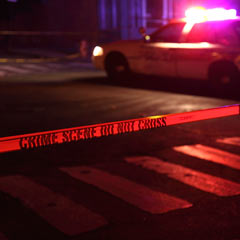
How To Become a Crime Scene Technician – Education & Certification
For people seeking careers that are simultaneously challenging, meaningful, and exciting, it is tough to beat becoming a crime scene technician. These professionals, also known as forensic science technicians or crime scene analysts, have inspired a number of popular television programs such as CSI and Dexter.



